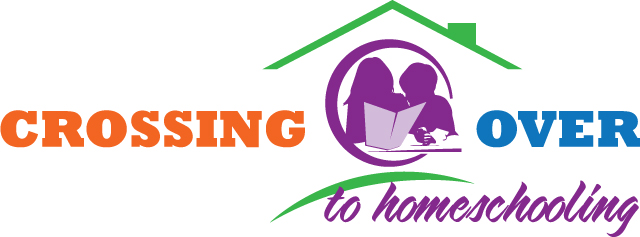Auditory Learners: Hear
Strengths: Understanding subtle changes in tone in a person's voice, writing responses to lectures, oral exams, story-telling, solving difficult problems, working in groups
Weakness: Noises, inside and outside, can easily divert a child’s attention from his studies. The child may have difficulty with detailed written information.
Tips: Read material and/or instructions aloud. Talk about any writing assignments first. Have the child teach you (or someone else) what they have learned. Make up songs or rhymes for new material.
Visual Learners: See
Strengths: Instinctively follows directions, can easily visualize objects, has a great sense of balance and alignment, is an excellent organizer.
Weakness: Texts or lectures without visual aids. Difficulty with learning material using the written language.
Tips: Utilizing visual aids for written or orally presented material. Include painting, art, pictures into lessons to enhance visual/memory connection.
Kinesthetic Learners: Touch
Strengths: Great hand-eye coordination, quick reception, excellent experimenters, good at sports, art, drama, high levels of energy
Weakness: Easily distracted because of the need to touch or grab things. Poor listeners due to the need to constantly move around.
Tips: Lesson plans should include an active component when possible. Allow for movement or unique positions for text or orally based lessons. Utilize coloured transparencies for reading. Trace words to help with memorization.
Logical Learners: Thinkers
Strengths: Recognizing patterns. Working with abstract concepts to figure out the relationship to each other. Great at strategy games.
Weakness: May miss visual signs such as body language or tone of voice. Difficulty learning facts before understanding the why behind learning it.
Tips: Pre-reading the material before a lesson. Utilize step-by-step directions. Sort or categorize word lists. Create a schedule to organize time. Association may work well when information seems illogical or irrational.
